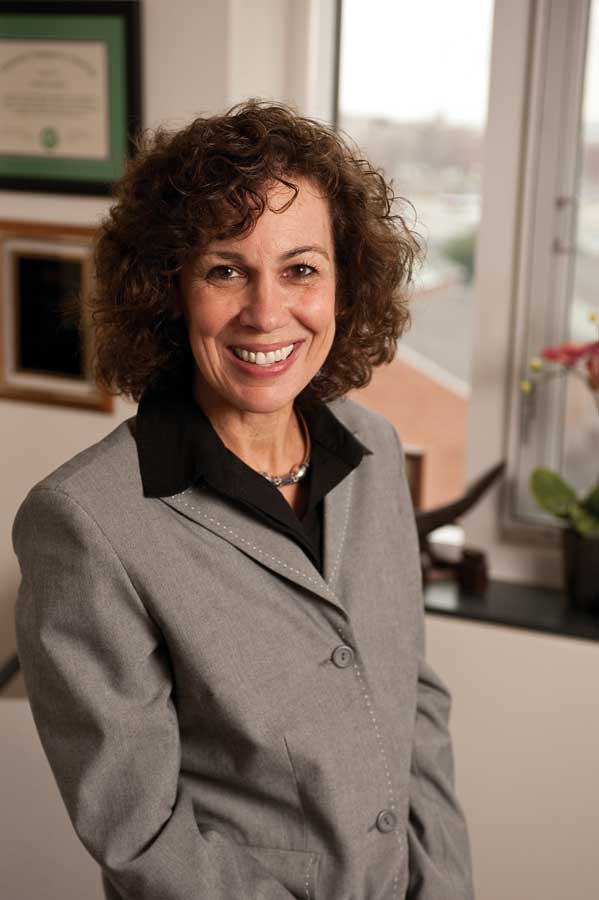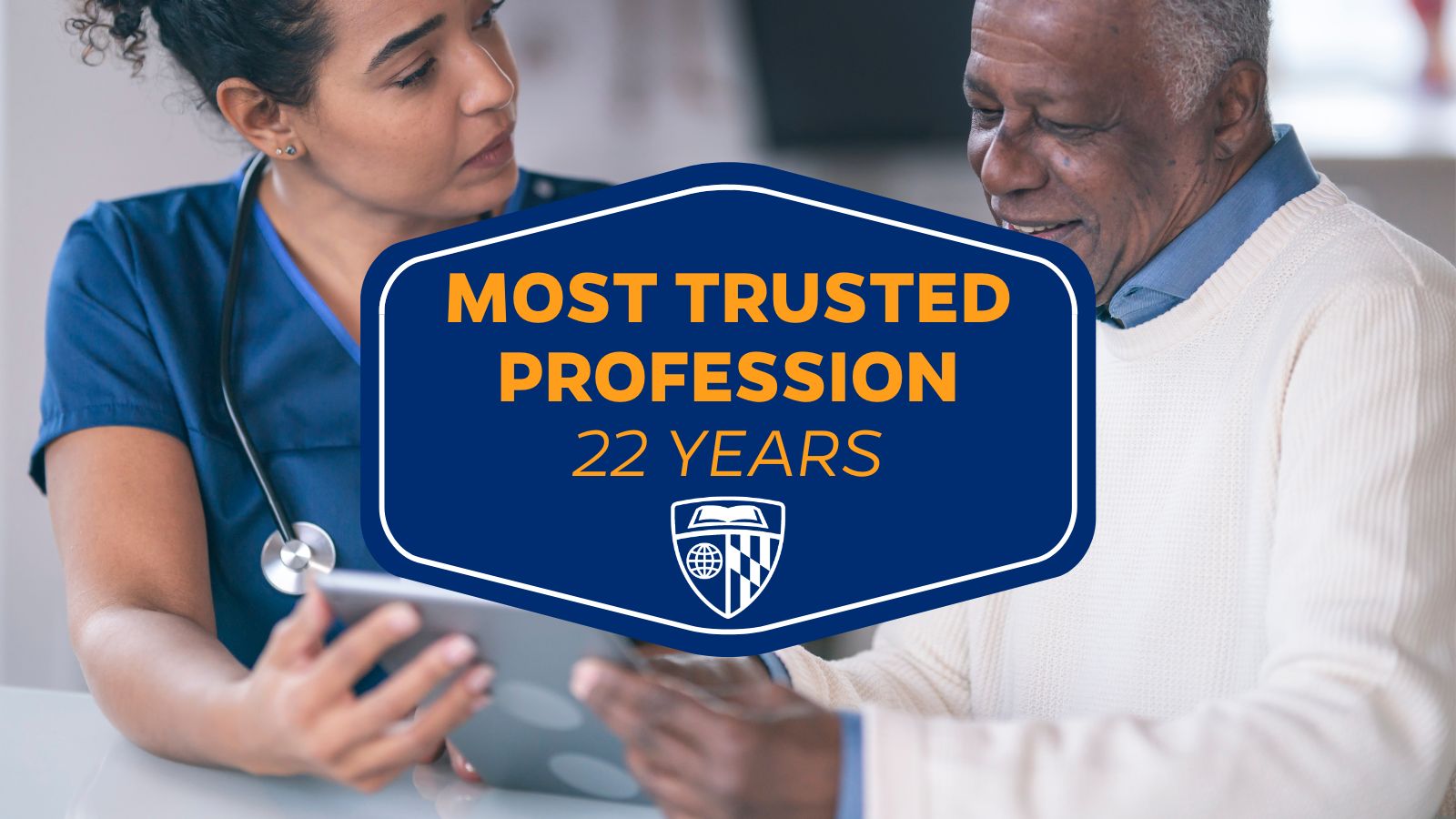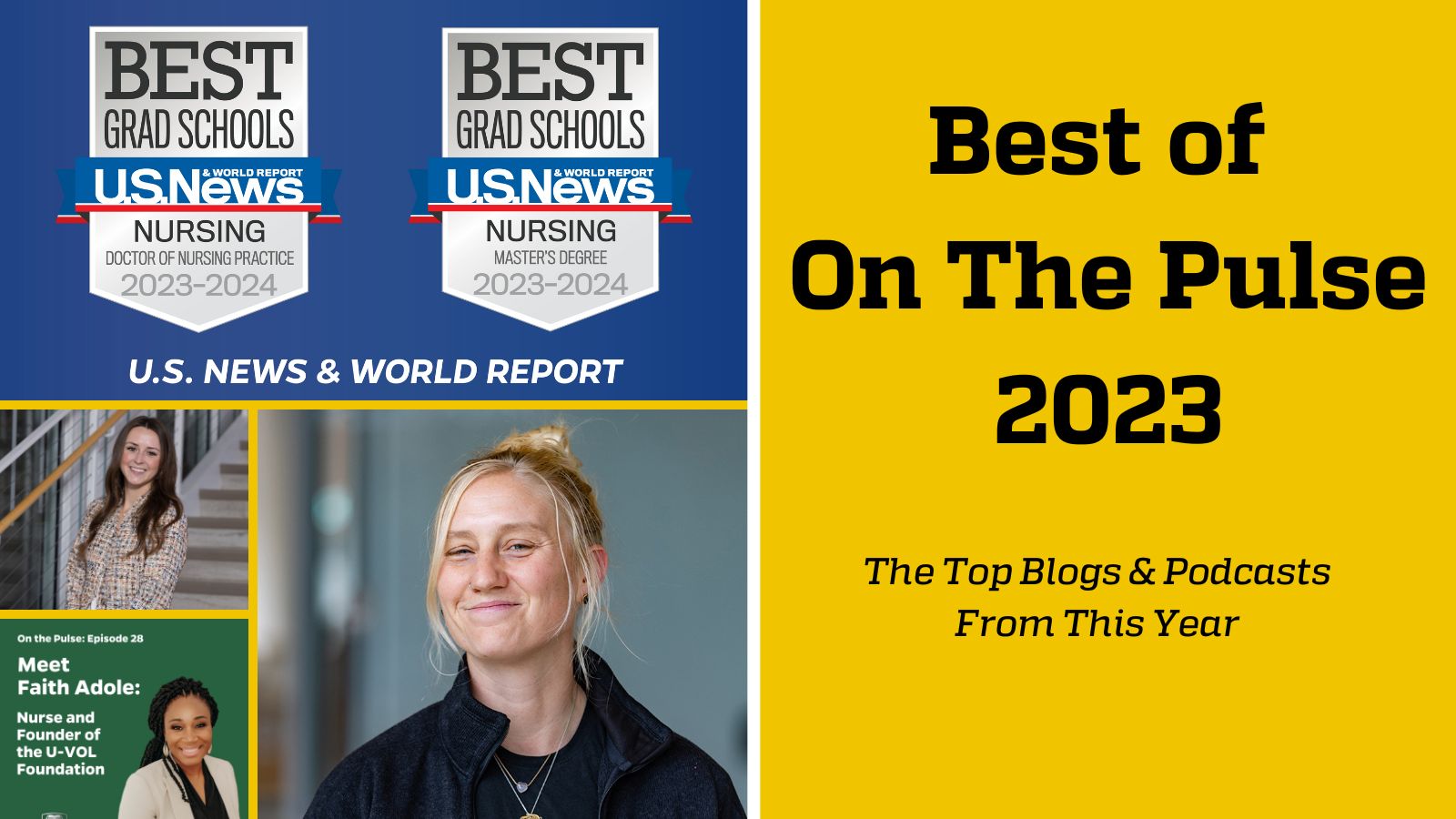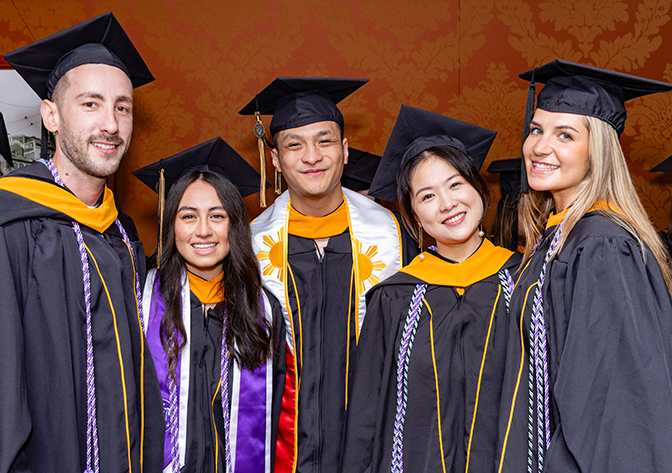
Meet Pamela Jeffries, DNS, RN, FAAN, ANEF, the newest addition to the leadership team at the Johns Hopkins University School of Nursing. With expertise in experiential learning and innovative teaching strategies, Jeffries is well-suited to the role of Associate Dean for Academic Affairs. In a conversation with assistant professor and informatics expert Patti Abbott, PhD, RN, BC, FAAN, FACMI, Jeffries reveals her plans to enhance the use of technology and simulations in nursing education at Johns Hopkins.
Abbott: Hopkins is ranked the #4 nursing school in the country by U.S.News & World Report. Why should we change the way we deliver nursing education?
Jeffries: First of all, we have high acuity now. Patients are in the hospital only when they’re critically ill; otherwise, they’re outpatients or being treated in clinics. Secondly, nurses are using much more technology. You go in the hospitals and patients have three or four machines. Nurses are carrying a scanner and a PDA; charting and keeping health histories on the computer. Everything is high-tech.
Abbott: How do you see incorporating simulation technology into the normal educational journey taken by our students?
Jeffries: Simulation is a student-centered approach. Simulation technology allows them to start making their own decisions about patient care. And then when they go into a situation with real patients, they’ve had some experience already in a safe environment.
I’ll be working closely with faculty, bringing simulations forward and moving them into the clinical practicum. We will look closely at what simulations are crucial for faculty to develop to meet the course competencies and teach critical-thinking behaviors.
Abbott: Simulation is great, but how can we improve the student learning experience with real patients?
Jeffries: We are planning a Clinical Academic Practice Partnership (CAPP) in which we will have partner preceptors within the Johns Hopkins Health System hospitals, and our Johns Hopkins faculty will help to facilitate those preceptors. It will be a triad approach with the student, partner preceptor, and clinical faculty.
In our traditional clinical model, students only take care of one patient at a time-and guess what? When they graduate, they might start with seven patients to care for! In the CAPP program, the partner preceptors will only have one or two students each, who may care for four or more patients at a time, not just one as they have done in the past.
Abbott: What implications for nursing education do you see in the current economic climate?
Jeffries: To re-engineer education for health professionals, particularly during this economic crisis, we have to promote educational quality in a very flexible, accessible manner. No longer can students leave their jobs to come into class, because they need the money and job security.
I’m very supportive of using technology and moving some of these courses to an online platform, where students have 24/7 access. When courses are well-developed, I think you can do anything in an online setting.

 You’re Welcome
You’re Welcome My First Teachers in Nursing School Weren’t Nurses
My First Teachers in Nursing School Weren’t Nurses Nursing Named Most Trusted Profession for 22nd Consecutive Year
Nursing Named Most Trusted Profession for 22nd Consecutive Year Best of On The Pulse 2023
Best of On The Pulse 2023 Awards for Diversity
Awards for Diversity







